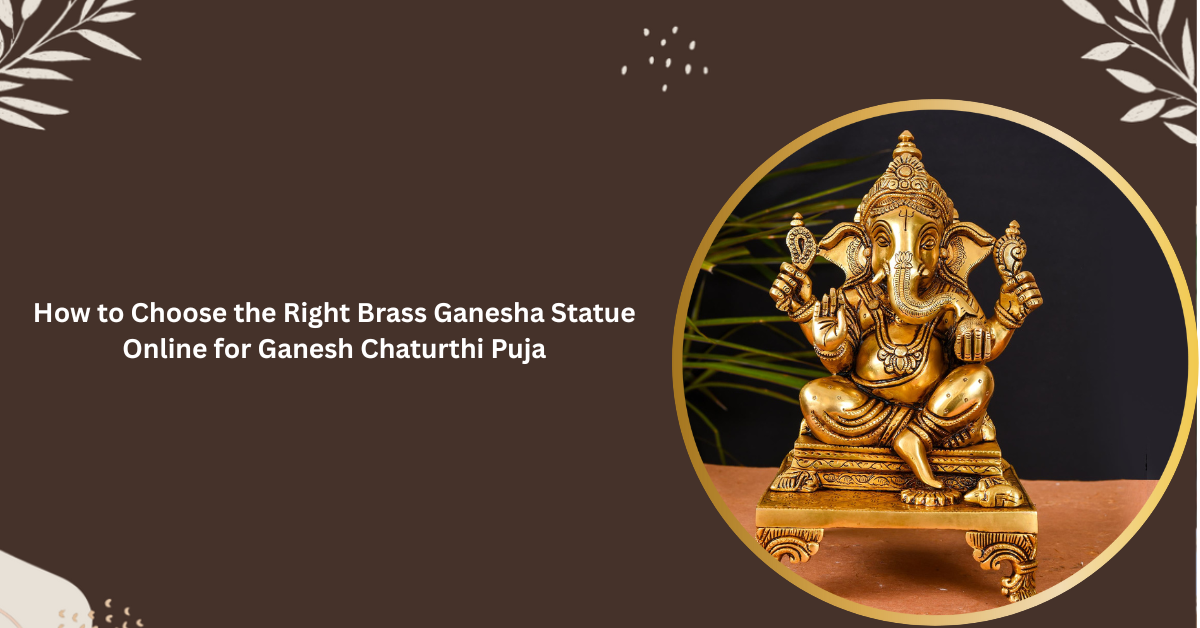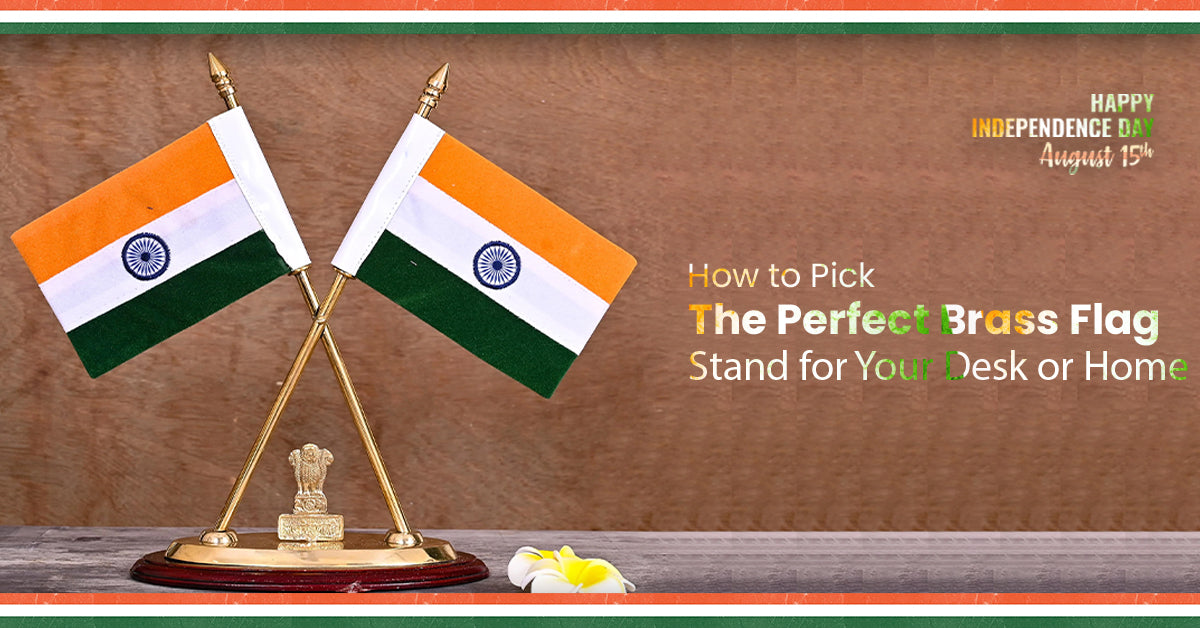

Matsya Avatar - The Fish Avatar of Lord Vishnu
, by javed techqart, 4 min reading time
In Hindu stories, avatars are like when gods come down to Earth in different forms for special reasons. One story is about Matsya Avatar (the avatar of lord vishnu), where Lord Vishnu turns into a fish. This happens during a huge flood in the universe, and the fish-avatar helps deal with the wild waters. This old story is not just interesting; it also has deep meaning about life and spirituality.
The Matsya Avatar story comes from different Hindu texts, like the Satapatha Brahmana and the Puranas, especially the Bhagavata Purana. The story starts when there's a huge flood that's about to cover everything in water. The main character in this heavenly tale is Manu, who is a respected sage and considered the ancestor of all humans.
As the waters rise and the world faces annihilation, Lord Vishnu, the preserver in the Hindu trinity, chooses to intervene. He takes the form of a small fish, a minuscule representation of his divine might. In this unassuming guise, Matsya, the fish, approaches Manu, who is performing his ablutions in the holy river. The fish appeals to Manu for protection, requesting a place in the container he uses for his daily rituals.
Intrigued by the unusual request, Manu complies and places Matsya in the small container. However, the divine nature of Matsya becomes apparent as it swiftly outgrows its confined space. Recognizing the miraculous nature of the fish, Manu transfers Matsya to a larger vessel, only to witness its continuous expansion.
Divine Revelation
As Matsya grows, it becomes evident that this is no ordinary fish. Matsya reveals its true identity and purpose to Manu in a pivotal moment. It instructs him to build a massive boat, known as a "Manu-yantra," and gather the seven great sages (Saptarishi), seeds of all plants, one of each animal species, and the Vedas—the sacred scriptures of knowledge.
Matsya pledges to guide and protect the boat through the impending deluge, ensuring the survival of life and knowledge. The cosmic significance of Matsya's mission unfolds as it becomes the guardian of the vessel containing the essence of creation.
![]()
The Cosmic Flood
As the floodwaters surge, Matsya, now a colossal fish, pulls the boat through the tumultuous seas. The deluge submerges the entire world, but under the watchful eye of Matsya, Manu's boat remains afloat, carrying the seeds of life and wisdom through the cataclysm.
Amidst the cosmic flood, Matsya encounters and battles the demon Hayagriva, who had stolen the Vedas. In a divine struggle, Matsya defeats the demon, retrieves the sacred scriptures, and restores order to the cosmic balance.
Lessons of Matsya Avatar of Vishnu
The Matsya Avatar story holds deep meanings and important lessons. It's like a code that tells us about the repeating cycle of making, keeping safe, and ending things in Hindu beliefs about the universe. The fish in the story is a symbol - it lives in water, showing how everything in life keeps changing, just like the ever-moving cosmos.
Matsya's instructions to Manu to preserve the essential elements of life and knowledge echo the importance of righteousness (dharma) and the divine intervention necessary to maintain cosmic order. It underscores the timeless theme of balance in the universe, with the divine stepping in when chaos threatens to overwhelm.
In the old story of Matsya Avatar, there's a really interesting myth that teaches us about big cosmic ideas and how gods help out. Matsya, the fish-hero, shows us how important it is to do the right thing. It's like a timeless lesson about how divine powers always make sure things stay in order in the big cosmic picture. Just like we go through tough times in life, the Matsya story makes us think about our own journey through challenges, knowing that the divine is there to guide us, even if we can't see it.
Blog posts




